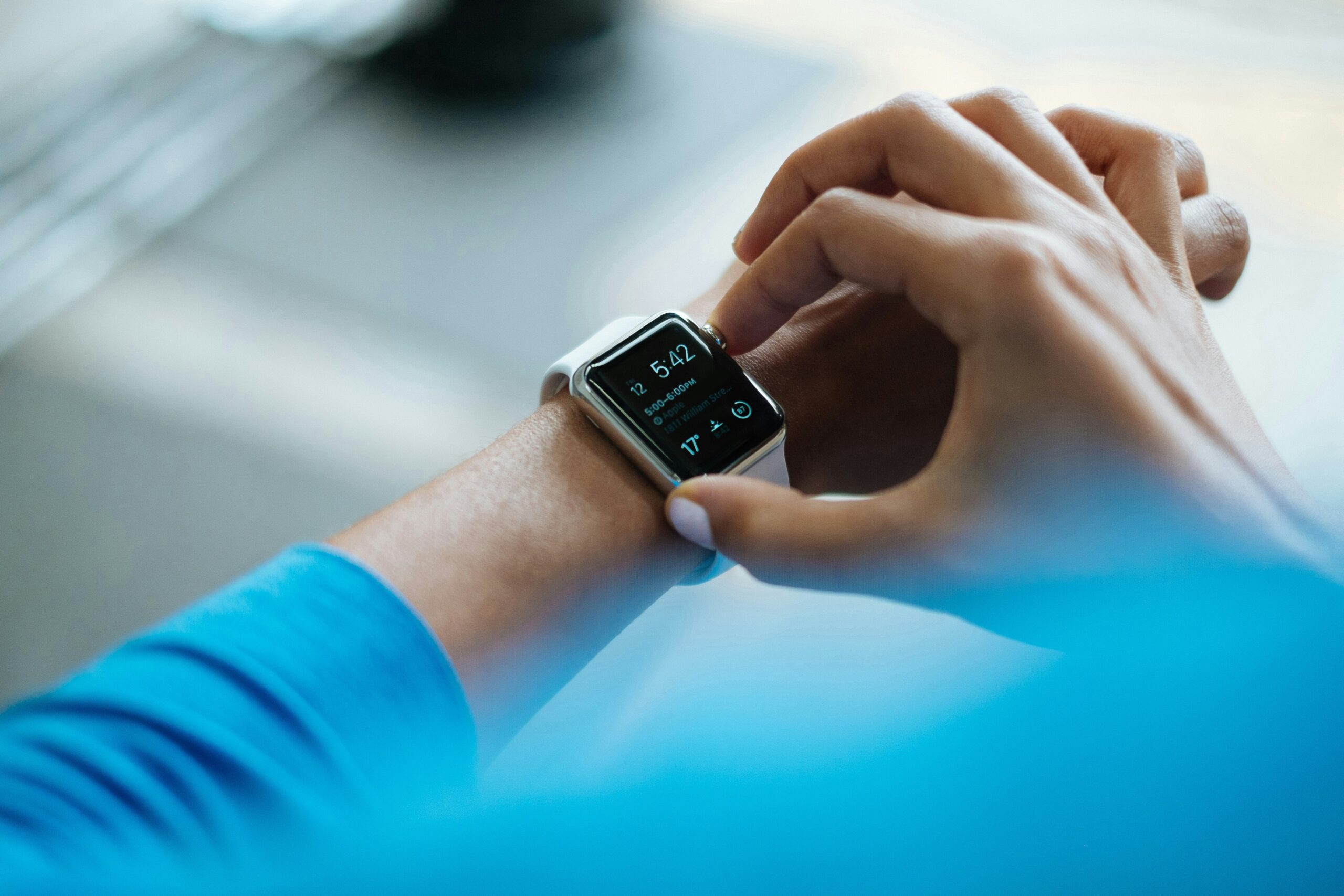Introduction
Nometre: With the rapid evolution of technology and digital systems, always-on measurement standards in exact numbers becomes a prerequisite more than ever. After Nometre, a next-gen measurement paradigm that could potentially revolutionize how we consider/interact with data across sectors. While Nometre is obviously applicable across a range of scientific research, its potential to provide tech companies with an incredible link between modern digital requirements and traditional measurement systems. Here, we explore what Nometre is, how it could be used and why this might shape the future of digital measurement.
What Is Nometre?
Nometre are new age units which can be easily used in digital marketing. In contrast to classic measurement units, usually different from region or branch-specific, Nometre is promoting a universal standardized unit that can easily be implemented on digital platforms. Nometre can encourage the free flow of information across geographic and technological divides, by sharing a uniform unit structure.
This advancement in measurement technology wants to remove the complicated conversions and inefficiencies that arise through conflicting measurements. A highly precise and versatile design, Nometre is a tool with relevance in the fields of engineering, computing or even medical sciences.
Why Nometre Matters in a Digital World
In today’s world of connectivity, accurate sharing data is synonymous to progress. Every Nometre makes use of the same standardized approach making data transferable across platforms quite correctly, fostering error elimination and better team sense. But an American tech company can use Nometre to be able to share data with a research lab in Europe which they know will understand the measurements at hand and apply them correctly.
Additionally, the rising tide of IoT (Internet of Things) devices has increased demand for standard ways to measure them. Nometre ensures the consistent delivery of data between IoT devices; from smart thermostats to highly sophisticated medical equipment. This interconnection could enhance efficiency in areas like logistics, healthcare, or environmental monitoring.
Applications of Nometre Across Industries
There is no end to the potential of Nometre, as it could be utilized in nearly every sector which requires absolute data. Some of the main categories Nometre could benefit permanently include:
- Tech: Today when digital devices are generating real time data, a common measurement like Nometre can make it easier for seamless communication between the same avoiding any wrong interpretation and smoothing operations.
- HealthCare: Accuracy in medical measurements is of utmost importance, which makes Nometre’s approach more orchestrated and potentially useful in the context of such globalized shared health data enabling telemedicine, international research or patient monitoring.
- Manufacturing: Electronics and automotive production demands exact specifications with minimal tolerance. With Nometre, we can ensure a certain level of consistency that might enhance our capability for quality control so the potential for production processes would be limited to simple tasks only.
- Environmental science: Scientists that monitor any climate data, pollutants or anything related to the environment could use Nometre for measuring and making sure your research uses the same standard degrees as someone halfway around the world from you. did allowing collaboration on an international scale — there would always be a 360-degrees array available if anyone needed it anywhere
The Benefits of Adopting Nometre
There are several potential positives that could come with the adoption of Nometre:
- Consistency: Nometre can streamline measurements to ensure standardisation, limit confusion and enhance the quality of shared data.
- Efficiency: Using one standard to set measures saves businesses and organizations time they may have used comparing or converting measurements.
- Full International Reach: Compatible with any international collaboration across borders, industries and digital platforms.
- Data accuracy: Having control on sensor measurements means there is less risk of confusing data, which I technology can help enhance decision-making and reduce errors in sensitive areas like healthcare or environmental science.
Such advantages can lead to higher efficiency, cost savings and improve accuracy across different industries.
Challenges and Limitations of Nometre
Some challenges Nometre has to solve While the advantages of a nometre are numerous, it also faces some common issues.
- Transitioning and Adoption: Some industries are deeply entrenched in their measurement systems so moving towards Nometre might come with too much work (politically, training/re-skilling-wise, financially).
- Existing Standards Compliance: Nometre would have to work with current means of measurement as well, and may need approvals in different zones.
- Cost of Implementation: For organizations already used to traditional measurements, the change over to Nometre may prove a costly affair involving system upgradation and retraining staff along with new equipment.
Being that Nometre has the potential to make data more accessible to humanity at large it’s definitely something we should consider in future.
The Future of Nometre in Digital Measurement
The future of Nometre is exciting, because other sectors continue to realize the importance as they look for standards that play nice with digital. Given that more and more industries are moving towards data, it’s possible benefits on both reduce communications regarding missing or inaccurate information. If successfully adopted across the industry, Nometre would represent a major step forward in measuring digital better and creating efficiencies while strengthening international collaboration.
Indirectly, in the long term, Nometre could also set off new data analysis tech and standards which crank up from even AI dev+ running real-time procs on Dbs. As the needs of digital continue to develop so too could Nometre as a potential base for future developments in measures and standards on data interoperation.
Conclusion
Nometre is leading the way in bringing digital, standardized measurements to test centers and assessment providers that need thorough measurement data for an increasingly connected world of big data. Because it tackles many of the inefficiencies that plague traditional measurement systems, Nometre can promise industries both consistent and more accurate data than is being gathered and compiled by any other tool available on most platforms today. While challenges persist, such a world of widely adopted standards in digital measurement could reshape global collaboration, technology advancement and data quality as we know it. When we think ahead to the future, it is possible that Nometre will then be just as quickly absorbed in our digital orb as a common lingua franca of information.




